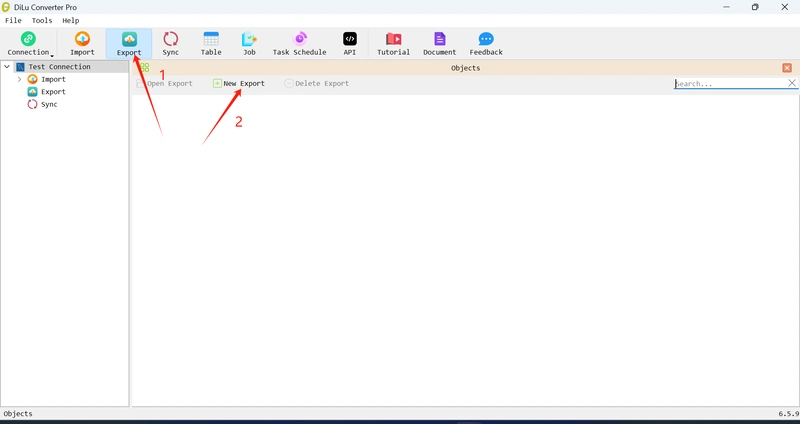House GOP blocks Democrats from forcing votes on Signal scandal, Musk conflicts of interest
House Republicans moved on Tuesday to block Democrats from forcing votes on the Trump administration’s use of Signal, potential conflicts of interest involving Elon Musk and other controversial topics. The move by the conference — which was approved in a 216-208 vote — marks the latest instance of Republicans using procedural rules, which govern debate for legislation,...

House Republicans moved on Tuesday to block Democrats from forcing votes on the Trump administration’s use of Signal, potential conflicts of interest involving Elon Musk and other controversial topics.
The move by the conference — which was approved in a 216-208 vote — marks the latest instance of Republicans using procedural rules, which govern debate for legislation, to shield President Trump.
Speaker Mike Johnson (R-La.) defended the effort shortly before its approval on Tuesday, saying the conference was “using the rules of the House to prevent political hijinks and political stunts.”
“They showed us over the last four years, last eight years, they used lawfare, they used conspiracy theories, all these political weapons to just go after the president and make his life miserable,” Johnson added. “That’s not what the American people voted for, that’s not what they deserve, we can do better, so we’re preventing this nonsensical waste of our time. We don’t have time to waste.”
On Monday afternoon, House GOP leaders added language to a rule for a series of unrelated measures that sought to prevent Democrats from forcing votes on resolutions of inquiry from Tuesday through Sept. 30.
Resolutions of inquiry allow lawmakers to demand information from the president or heads of executive departments to hand over specific information that the administration has. They are significant, however, because they have special parliamentary status, so they can be forced to the House floor for a vote after a certain number of days. The rules for such a move are stringent.
Democrats have filed a number of resolutions of inquiry throughout the first 100 days of the Trump administration, including measures requesting information about the administration’s use of Signal, potential conflicts of interest involving Musk and the impact the Department of Government Efficiency (DOGE) has had on local economies and communities.
Some of the more high-profile measures have been focused on the administration’s use of Signal, the encrypted messaging platform that officials have used to transmit sensitive information.
Rep. Stephen Lynch (D-Mass.) introduced a resolution of inquiry earlier this month requesting the president to hand over “certain documents relating to the use of insecure electronic communication platforms, including Signal, for official communications and to the compliance of the Administration with all Federal records laws.”
Rep. Gregory Meeks (N.Y.), the top Democrat on the House Foreign Affairs Committee, proposed a similar measure, demanding Trump and Secretary of State Marco Rubio “to transmit to the House of Representatives any record created on or after January 20, 2025, under the control of the President or the Secretary, respectively, relating to strikes on the Houthis in Yemen and the disclosure of confidential information to a journalist on the Signal application.”
Rep. Mary Gay Scanlon (D-Pa.), who sits on the Rules Committee, sought to strike the language from the procedural rule, but the move failed in a party-line vote of the panel. The Pennsylvania Democrat said her GOP colleagues were “hiding because they’re scared.”
“They’re scared that the secretary of Defense continues to use unsecure methods to discuss classified information. They’re scared that the president’s tariffs are wrecking economic havoc. And they’re scared that this administration is deporting American citizens and others without due process,” she added. “And they don’t want to take votes to get information from the White House about all of these incidents because that’s the real problem, Americans want to hide behind this resolution so that they don’t have to risk the wrath of the president if they were to do their job and take votes on getting answers and conducting oversight.”
Rep. Michelle Fischbach (R-Minn.), another member of the panel, pushed back, arguing that the move was meant to allow the House to focus on crafting and passing their Trump agenda bill over the coming months.
“We’re in the middle of a lot of things right now. We’re in the middle of reconciliation, we’re looking at all kinds of things right now, we’re very busy, and plain and simple,” Fischbach said “Democrats are using this to clog things up and stop us from doing our business for the American people… Those few months, several months, that we are looking at is not going to create any great problems.”
Democrats blocked the use of resolutions of inquiry around the time of the COVID-19 pandemic.
The GOP effort approved on Tuesday is similar to their moves in recent weeks of adding provisions to procedural rules that would block Democrats from forcing votes on repealing tariffs implemented by Trump.



















![New iPhone Factory Goes Live in India, Another Just Days Away [Report]](https://www.iclarified.com/images/news/97165/97165/97165-640.jpg)



















































